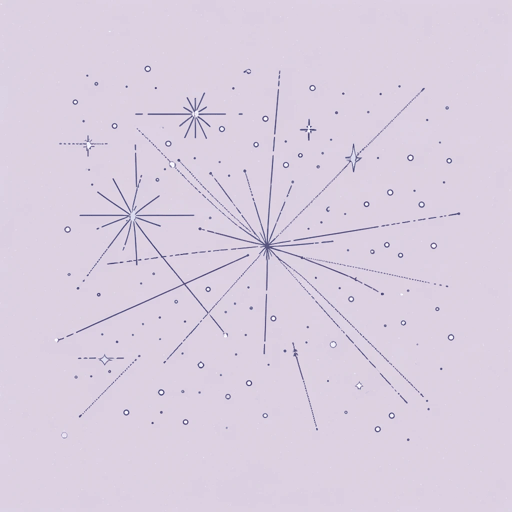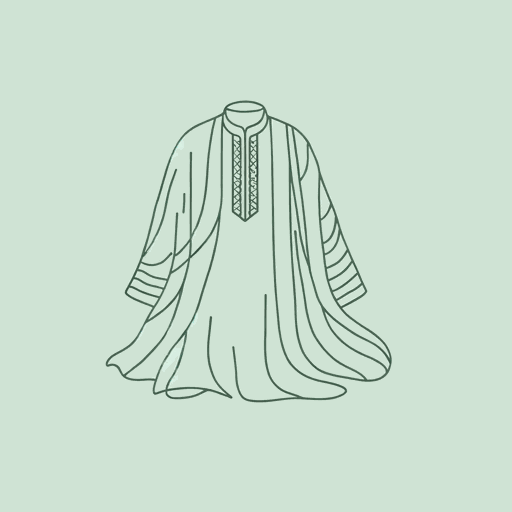52 pages • 1 hour read
Nadia HashimiSparks Like Stars: A Novel
Fiction | Novel | Adult | Published in 2021A modern alternative to SparkNotes and CliffsNotes, SuperSummary offers high-quality Study Guides with detailed chapter summaries and analysis of major themes, characters, and more.
Summary and Study Guide
Overview
Sparks Like Stars is the fourth contemporary adult novel by Afghan American author Nadia Hashimi. Hashimi’s previous publications include two children’s books and the bestselling novels A House Without Windows (2016), When the Moon is Low (2015), and The Pearl that Broke its Shell (2014). A trained medical doctor, Hashimi was born in the US to Afghan parents who left Afghanistan in the 1970s. Like her previous novels, Sparks Like Stars focuses on the fate of an Afghan woman whose life is upended by political turmoil. It examines how tragedy affects the fate of a person and a nation.
Told in two parts, the novel begins in Kabul in 1978, when young Sitara Zamani watches her family die in the Saur Revolution and escapes with the help of a palace soldier and a pair of American women who smuggle her to the US under a new identity, Aryana. In the second part of the novel, set in 2008, Aryana is a medical doctor living in New York City, but when the soldier whom she believes killed her family shows up in her hospital, Aryana sets off on a quest to Afghanistan to unearth the buried past and find closure for the grief that has haunted her for 30 years. Layered with themes of exile, loss, survival, and grief, the novel paints a heart-breaking picture of the country of Afghanistan after enduring decades of war.
This guide refers to the paperback edition published by William Morrow in 2021.
Content Warning: The source text includes scenes of executions, including of children, child abuse, sexual abuse, and anti-Muslim sentiments by minor characters, replicated in this guide only in direct quotes of the source material.
Plot Summary
In a brief prologue, a narrator reflects on buried histories, plundered treasure, and a night that felled giants. The action begins in April 1978, when Sitara Zamani, age 10, is playing in the palace of Afghan president Daoud Khan, to whom her father is a chief advisor. Sitara watches her beautiful mother dress for a palace function, then sneaks out with her best friend Neelab, the president’s granddaughter, to watch a gathered group of diplomats open a box of precious artifacts that came from the city of Ai-Khanoum. Sitara is struck by a beautiful turquoise and garnet ring. She and Neelab ask Sitara’s father to see the ring again and are shown to a vault in the basement of the palace.
Sitara hears murmurs of dissent about Daoud’s policies but is completely taken aback when the president’s own troops fire on him. Unable to sleep that night, Sitara visits the library and hides there when soldiers storm the palace, surprise her family in their room, and shoot Sitara’s father, mother, and three-year-old brother. Sitara is found by a palace guard, Shair, who is taking part in the coup. Shair hides Sitara in the basement. While there, she takes the ring out of the safe and puts it on. Shair takes Sitara to his apartment, where his wife tends a cut on Sitara’s foot and Sitara meets Shair’s three children. He knows he will be punished if she is found with him, so Shair pushes Sitara on a woman who works at the American embassy in Kabul. Antonia takes Sitara in and cares for her, as does her mother, Tilly, an actor and free spirit.
Sitara falls ill from the infection in her foot, but after Antonia and Tilly nurse her to health and show her kindness, Sitara trusts them enough to explain what happened to her. Antonia suggests getting Sitara to the US for safety using the birth certificate of Sitara’s short-lived older sister, Aryana, who was born in the US while her parents were attending school in Oklahoma. Sitara manages to elude the soldiers guarding her house and retrieves the birth certificate. Tilly then arranges for the two of them to be driven into Pakistan by a group of American hippies who are traveling through the region. In a narrow mountain pass, the van crashes, and Tilly sustains a head injury. They manage to smuggle Aryana across the border and she and Tilly arrive at the American embassy in Islamabad just before it is attacked by protesters. When the building is set on fire, Sitara helps everyone escape. The evacuees are flown to the US, but on the plane, Tilly experiences seizures. She is taken away by ambulance when they land, and Sitara is turned over to Child Protective Services.
A social worker takes Sitara, now going by the name Aryana, to the house of Janet and Everett, a young evangelical Christian couple who have two other foster children. Aryana soon learns that Janet is strict, limiting the children’s food and freedom, and that Everett enters the girls’ room at night and tries to touch them. Missing her family and feeling she has not found safety at all, Aryana is ready to jump out of a window before Antonia, who has reached the US, comes to get her.
Part 2 of the novel opens in November 2008. Aryana is now an oncologist in New York City. She has kept quiet about her past, in part because she feels guilty for surviving when her family did not, in part because of the world’s attention on Afghanistan after the 9/11 attacks and the anti-Muslim sentiment she has experienced. Antonia became Aryana’s guardian and took her on trips around the world, earning the title of Mom. Aryana is dating Adam, trying to envision a future with him, when a patient shows up in her exam room who brings all the old painful memories back: Shair, the palace guard who saved her life. He now lives in the US with his family and has terminal cancer.
Aryana demands that Shair tell her whether he killed her parents. He tells her he did not and gives her a cryptic statement about where they are buried. Aryana decides to return to Afghanistan, taking the ring with her, to see if she can discover where her family was buried. Clay Porter, a war journalist who reported on Afghanistan and is familiar with the country, flies with her and Antonia.
Aryana finds that Afghanistan is very unlike what she remembers. So much has changed after years of war. Her family home is gone. Half the buildings in Kabul are rubble. When she investigates, she is finally able to see a grave at the prison where President Daoud and his family were buried, but her parents are not there.
Aryana visits the Kabul Museum and gives the ring to the curator, who will care for it as a national treasure. When she visits a set of gardens where she used to picnic with her family, Aryana suddenly understands Shair’s message. Returning to the prison, she encounters Rostam, brother to her old friend Neelab, a grandson of President Daoud who managed to escape the coup and is now living abroad. They travel to the prison and Aryana directs the guards to dig where she believes her parents are buried. She is right, and when their remains are at last discovered, Aryana feels as if her family has been returned to her. This restoration helps Aryana at last grieve her family. An epilogue that shows her and Clay discussing whether to visit Afghanistan again suggests she has been able to move on with her life and find love.
Related Titles
By Nadia Hashimi



